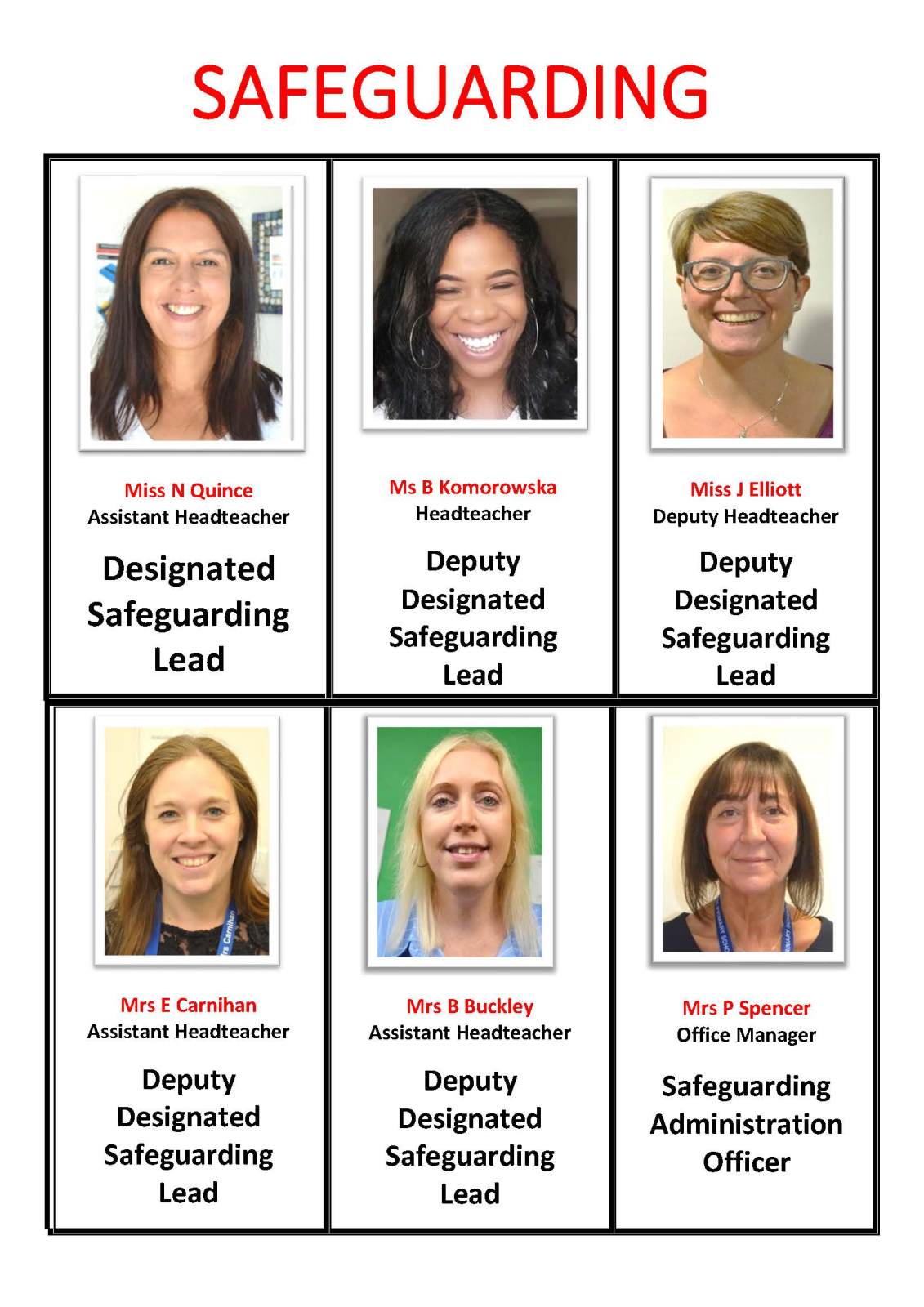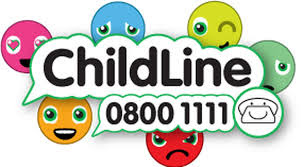Safeguarding
Safeguarding children is everybody's business!
PLEASE FIND OUR LATEST SAFEGUARDING NEWS HERE:
https://www.groveprimary.net/Parents/Newsletters-and-Magazines/
We all share responsibility for safeguarding and promoting the welfare of children and young people, whether as a parent or family member, a friend or neighbour, an employer, or as a paid or voluntary worker.
All members of the Grove community can help to safeguard and promote the welfare of children and young people if we are mindful of the children's needs and willing and able to act if we have concerns.
Definition of safeguarding
In its simplest terms, 'safeguarding' can be defined as 'keeping children safe from harm, such as illness, abuse or injury.
At Grove Primary, we are committed to ensuring that;
-
Everybody working with children, young people and their families takes all reasonable measures to ensure that the risks of harm to children's welfare are minimised and
-
When there are concerns about children and young people's welfare, we take all appropriate action to address those concerns, working to agreed with local policies and procedures in full partnership with other local agencies.
Everyone has a responsibility to make sure that children within our school are safe, as Every Child Matters
We at Grove Primary School take seriously our responsibilities in protecting our students. If you are worried about a child and would like to share your concerns, please talk to:
Our Headteacher: Ms B Komorowska
or in her absence
Our Deputy Headteachers: Miss J Elliott
Our DSL: Ms N Quince
Our DDSL's: Ms B Komorowska, Miss J Elliott, Mrs E Carnihan, Mrs B Buckley
If you are concerned about the immediate safety or well-being of a student, please call 020 8590 3611 (8 am to 4 pm) or email us at admin.groveprimary@redbridge.gov.uk
If you believe that a child is in imminent danger, please contact the police. Dial 999.
If your concern is urgent during out-of-school hours, please get in touch with the Redbridge Safeguarding Team:
020 8708 5897.
The Safeguarding Team at Grove

How do we support Children at Grove?
At Grove Primary School, we do a lot of work to support our children and aim to keep them safe in our world. Our curriculum contains input on:
- Road Safety
- E-safety or Internet safety
- Relationships and trusted adults
- Stranger danger
- Life Skills
We link with other agencies who can support us in delivering clear messages of actions our children can take to keep themselves safe. We record all incidents which concern us and inform parents/carers and multi-agencies as necessary and in line with our Safeguarding Policy.
If you are worried about a child, what might you be worried about?
What is child abuse and neglect?
Some abuse may happen because parents, carers or other adults act in ways which harm children. Other kinds of abuse occur when adults fail to take action to protect children or fail to meet a child’s basic needs. There are four main types of abuse:
Physical Abuse
This may involve hurting or injuring a child by hitting, shaking, poisoning, burning, scalding, drowning, suffocating or otherwise causing physical harm to a child.
Emotional Abuse
Persistent emotional ill-treatment of a child. It may involve telling children that they are worthless or unloved, inadequate, or valued only insofar as they meet the needs of another person.
Sexual Abuse
Forcing or enticing a child or young person to take part in sexual activities, whether or not the child is aware of what is happening. It may also include non-contact activities, such as involving children in inappropriate sexual activities.
Neglect
Persistent failure to meet a child’s basic physical and/or psychological needs, which is likely to result in the serious impairment of the child’s health or development.
Witnessing domestic abuse is also harmful to children.
What might make you concerned?
There are many possible signs of abuse, ranging from physical injury to changes in behaviour. In some cases, a child may tell you that they are being harmed. Alternatively you may witness an incident either between a parent and a child or a professional or volunteer working with children, which causes you to be concerned.
What to do if you are concerned about a child?
Adults have a responsibility to share any concerns they have, even when they may have some doubts as to whether a child is being harmed. If you are concerned about a child, speak to someone. This might be a health visitor, nursery staff member, teacher, family doctor, social worker, or police officer.
You can contact the school via the link shared above. Alternatively, outside of school hours, the following links might be helpful.
For the NSPCC, please click here: For Childline, please click here:
For Childline, please click here:  Online Safeguarding
Online Safeguarding
If you are worried about something online or something involving you online, you can report it here.
For reporting terrorist or extremist material online, please click here to report
Useful Information
Advice for parents and carers: Online Safety
Safeguarding Policy & Keeping Children Safe
Please click on the documents below for further information:
Keeping Children Safe in Education 2024Safeguarding and Child ProtectionPrevent: To view the prevent Policy Please Click here: Prevent Policy Statement

